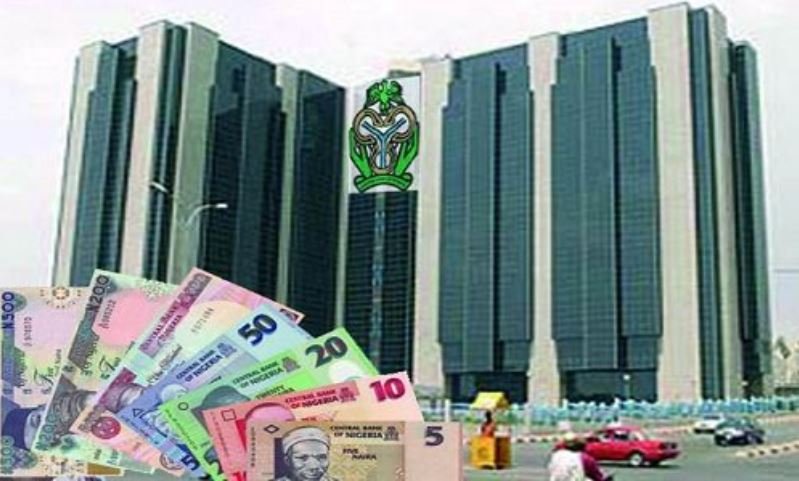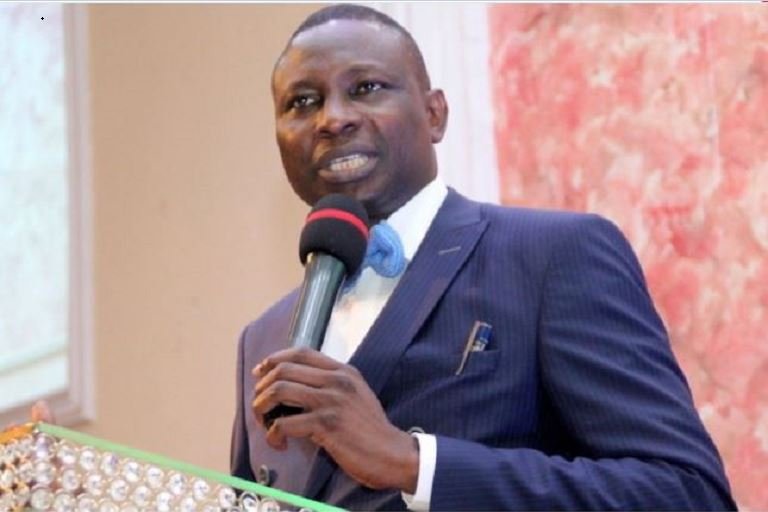The Central Bank of Nigeria has instructed commercial banks and other financial institutions in the country to regularly monitor the accounts of political office holders in the country.
This directive was stated in its circular to banks and other financial institutions on Friday titled ‘Guidance Notes on Politically Exposed Persons’, which was signed by the Director, Financial Policy and Regulation Department, Chibuzor Efobi.
In the circular, it stated that, “PEP accounts should be subject to periodic reviews as may be determined by the FI in line with risk assessment.
“Frequency of the periodic reviews should be determined by the risk of the customer and documented appropriately. FIs should also review their PEP database frequently”.
It also added that, “On a regular basis, transactions and account activities should be monitored and scrutinised for money laundering/terrorist financing/ proliferation financing risks”.
The apex bank defined domestic PEPs as those entrusted with prominent public positions in Nigeria, while those entrusted with prominent public positions in any other foreign jurisdiction were foreign PEPs.
The CBN noted that, in view of the level of corruption in the country, domestic PEPs were rated highly vulnerable to financial risks; therefore, by default, most domestic PEPs were considered high risk.
Foreign PEPs and PEPs with major roles in international organizations should be classified based on the amount of risk as determined by financial institutions, according to the report.
Customer due diligence, according to the CBN, should continue after establishing a relationship with the customer.
“The behaviour of the customer, transactions and accounts should be in line with the expected level of activity. Ongoing monitoring is crucial as a customer risk profile may change over time.”
According to the CBN, financial institutions formed commercial contacts with PEPs in the regular course of their operations, which may expose the FI to reputational and financial crime risks.
It was noted that PEPs posed a high risk of money laundering, terrorism funding, and proliferation financing since individuals in such positions may abuse their authority and influence for personal gain or advantage to themselves, close family members, and associates.
“In addition, they may also seek to use their power and influence to gain representation and/or access to, or control of, legal entities for similar purposes”.











